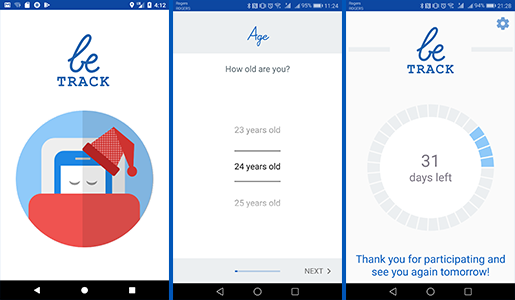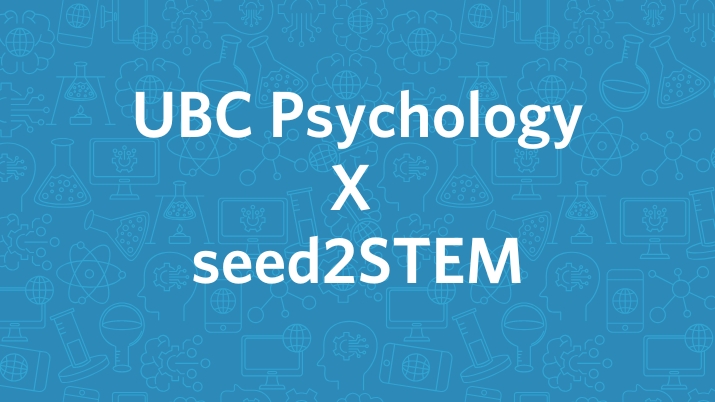

Photo: Flickr Thought Catalog
A new sleep tracking app developed by UBC’s Social Health Lab won the Healthy Behaviour Data Challenge for its contribution to public health research.
The challenge encourages innovators to create and test new ways of sourcing and using data for public health surveillance. Through their app, the Social Health Lab asks how can the monitoring of health outcomes, such as sleep quality, be measured through smartphones and social media—technologies that play a prominent role in our daily lives.
“The impact of smartphone use on sleep, wellbeing and health is currently not well understood,” says Dr. Christine Anderl, project co-lead and a postdoctoral fellow in UBC’s department of psychology. Our goal in developing the app was to create a user-friendly research tool that enables us to study the relationship between people’s everyday phone use, sleep patterns and wellbeing.”


The app employs users’ natural smartphone phone behaviour to predict important sleep parameters, such as the amount of time it takes to fall asleep, wake up and total amount of nighttime sleep.
“With these data we could potentially see how changes in weather, economic indicators, or political and social events are affecting sleep patterns around the country.”
“It’s exciting to imagine the many ways this app could be used in the future. Our vision is that it will provide a way to collect high-quality sleep data easily from many, many people at once,” says Dr. Frances Chen, principal investigator and associate professor in the department of psychology at UBC. “With these data we could potentially see how changes in weather, economic indicators, or political and social events are affecting sleep patterns around the country.”
Following the initial testing phase the lab intends to make the app available to the public, allowing individuals to self-monitor their smartphone use and sleep patterns.
“We’re looking forward to rolling this app out further,” says Marlise Hofer, project co-lead and UBC psychology graduate student. “Having validated the app on adults, our next step is to extend the study by recruiting teens and mature adults.”
If you’re living in Metro Vancouver and interested in getting involved as a participant, email smartphonestudy@psych.ubc.ca
About the challenge
The Healthy Behaviour Data Challenge is a partnership between the Government of Canada, the Centers for Disease Control and Prevention and MaRS Discovery District.


